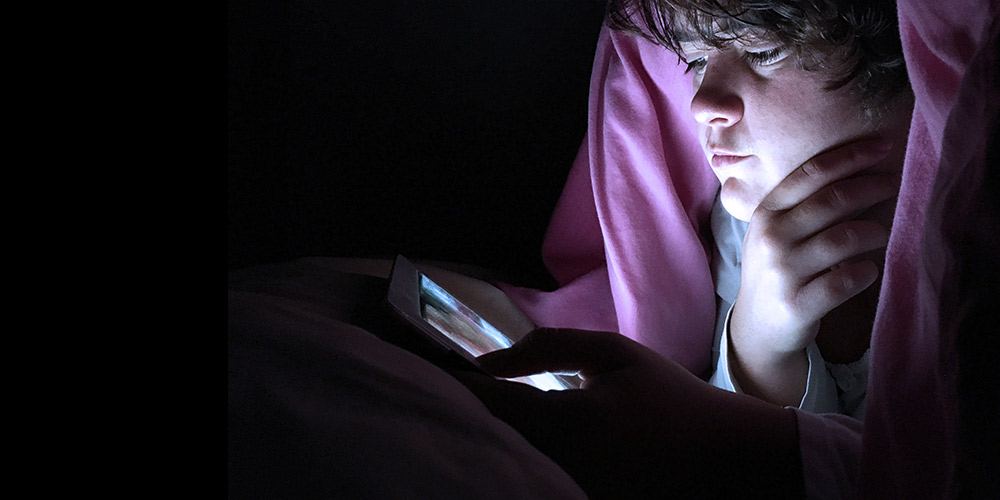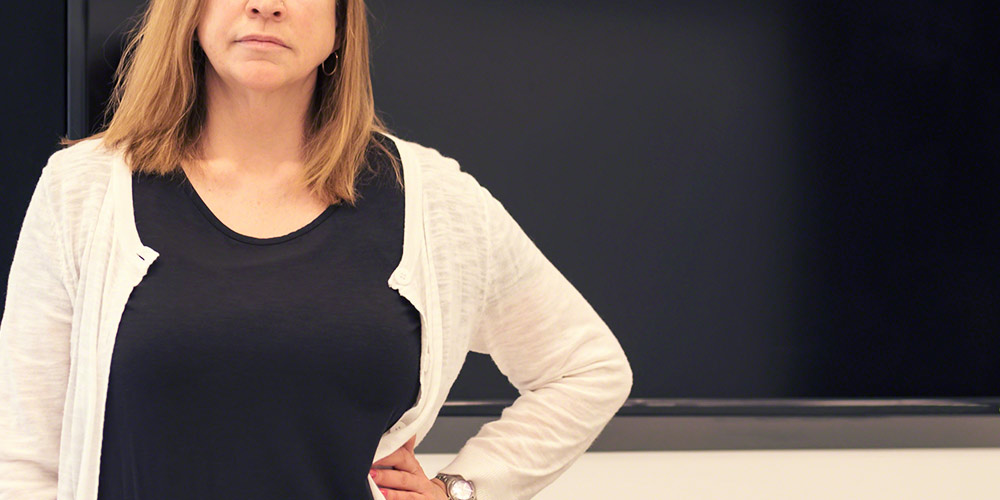When I was in high school, my mom approached me with a dilemma after school one day. While out running errands, she spotted one of my best friends driving. Not only was my friend skipping school, but she was 15 years old and not supposed to drive yet. “When there are kids in danger, I have to tell,” my mom explained. I responded: “Pleeeeease, mom, please don’t tell.” I did not want to be the girl whose mom had gotten this friend in trouble. After lots of pleading, my mom reluctantly gave in. She never told.
Weeks later, my friend took her older sister’s car out again with a pack of my friends, none of whom had their licenses. I walked home (missing my curfew and getting grounded). Fortunately, my friend’s parents found out and began to deal with the issue. In the years since, my mom has said she regrets not telling the parents. What if my friend had been injured or injured someone else? As a parent myself, I’ve revisited this situation several times. It’s thorny when your child’s friend is in trouble. Do we tell the parent, and if so, how? How do we protect our own children? How can we support other parents when we see their kids in danger? Here are 4 ways to help when a child’s friend is in trouble.
Tell the parent.
Even if we’re not confrontational, we have to do the hard thing and tell. If a kid’s in danger, telling could save a life. Plus, wouldn’t you want to know if your child were doing something reckless? Real friends tell their friends when their children may be in trouble. There are a few considerations to note here. First: Is there hard evidence, like a social media post or an eye-witness account, or only a speculative rumor? Gossip will only hurt feelings and shouldn’t be repeated. But facts should be shared. Second, approach the conversation with concern rather than condemnation. Be gentle and unalarming. Stick to the facts without offering your opinion. Third, don’t take a defensive response personally. This is hard and perhaps unexpected news for the other parent to take.
Protect your child from bad influence.
There’s a dual concern here. You want not only to alert the friend’s parents so they can step in but also to protect your child from any possible bad influence. Talk with your child. You may need to eliminate one-on-one time with that friend while continuing to include him or her in large group or family activities. Teach your child how to stand up to peer pressure.
Keep information confidential.
What you know about a kid isn’t fodder for neighborhood conversation. Assure the other parent of your confidence and feel free to ask him or her to keep the source of the information confidential as well. That confidentiality would have helped me because I was worried about being known as a snitch. Depending on the situation, you may decide other kids’ parents also need to know. But the information should be shared on a need-to-know basis.
Pray for the parents and her child.
Getting caught is the best thing that can happen to kids who are up to no good. Trust me—I know from my own experience. But navigating the emotions, conversations, and discipline is difficult. Telling the other parent is only the first step. We can come alongside each other on this parenting journey by praying for the parent and child. Follow up a few days later with an encouraging text letting the parents know you’re on their team.
How did you handle it when one of your child’s friends was in trouble?










